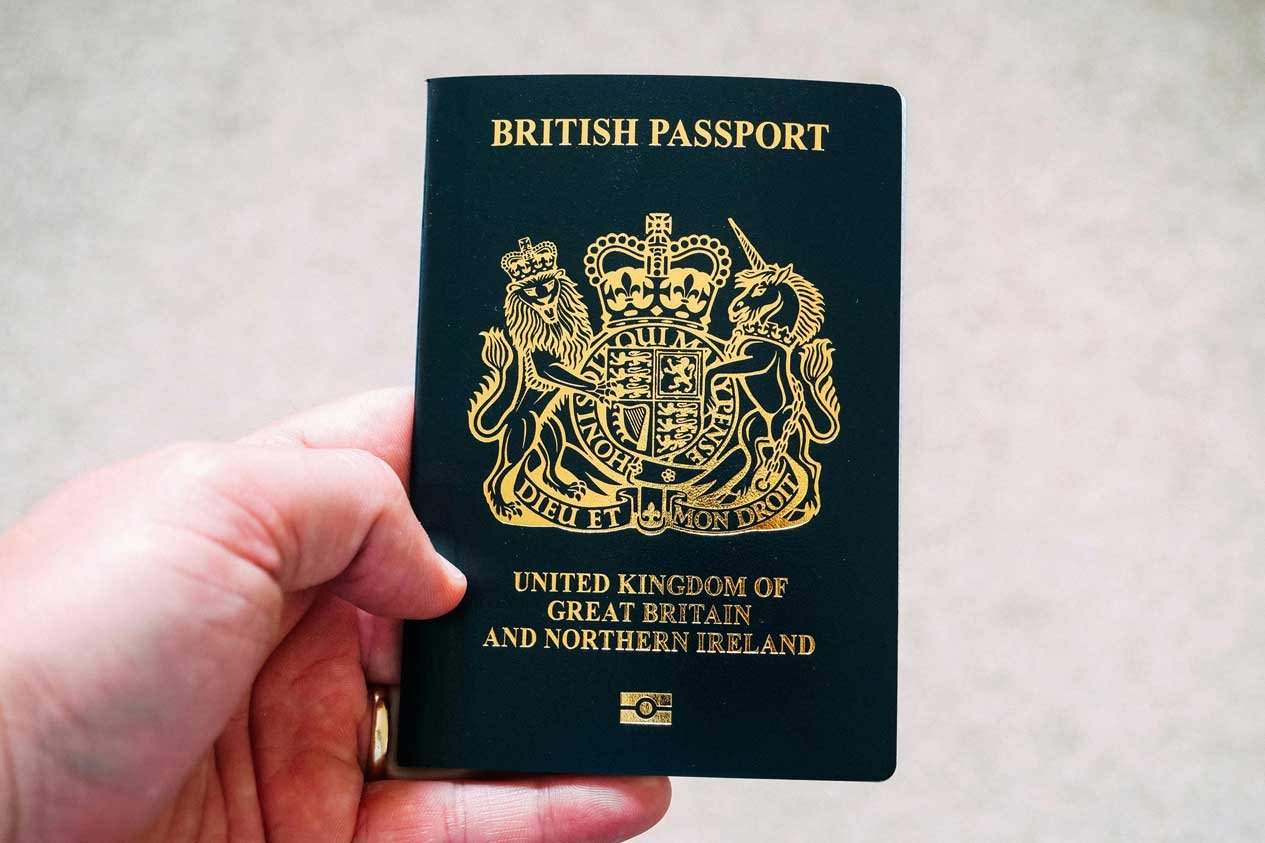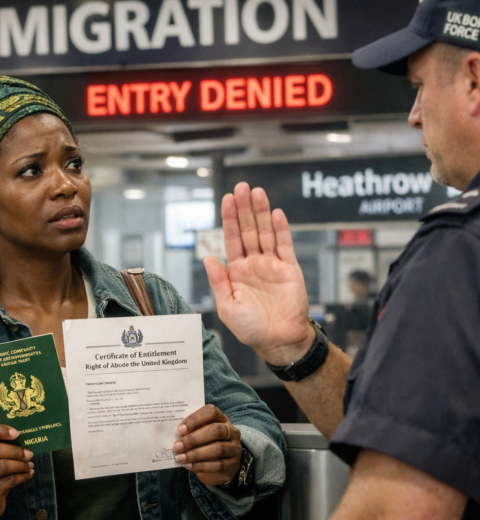The UK’s immigration landscape is changing fast! With declining birth rates and an aging society, immigration has been the major driver of population growth. The UK is projected to grow from 67.6 million in 2022 to 72.5 million by 2032, making it the highest net migration rate in Europe.
Many Nigerians move to the UK for work, study, or to reunite with family. But new proposals spearheaded by Kemi Badenoch, a top conservative leader, could make securing Indefinite Leave to Remain (ILR) and British citizenship much harder.
Key Changes in the Proposed Immigration Rules
1️⃣ Longer Residency Requirements
Migrants will need to live in the UK for 10 years (instead of 5) before applying for Indefinite Leave to Remain (ILR).
2️⃣ Delayed Citizenship Pathway
After getting ILR, individuals must wait another 5 years before applying for British citizenship—making it a total of 15 years!
3️⃣ Economic Contribution Criteria
Applicants must prove they positively contribute to the UK economy, meaning those on low incomes or reliant on benefits may struggle to qualify.
4️⃣ Restrictions on Benefits & Social Housing
Migrants on work visas who have claimed benefits or used social housing will be barred from obtaining ILR.
5️⃣ Criminal Record Ban
Anyone with a criminal record will be automatically disqualified from applying for ILR.
6️⃣ Migration Cap
A legal limit will be set on the number of migrants allowed into the UK—though the specific number is yet to be determined.
7️⃣ Review of Legal Frameworks
The UK government is considering changes to policies like the European Convention on Human Rights (ECHR) to align with tougher immigration laws.
8️⃣ Zero Tolerance for Foreign Criminals
The UK will enforce a stricter deportation policy for foreign criminals, prioritizing security and lawfulness.
9️⃣ Tougher Measures Against Illegal Migration
There could be new policies like offshore processing or similar measures to deter illegal migration.
🔟 Re-Evaluating Migrant Access to Welfare
A review is proposed to limit access to welfare and public services for migrants, prioritizing British citizens instead.
How Will This Affect Nigerians in the UK?
These proposals raise concerns, especially for Nigerians aiming to settle in the UK permanently. While supporters argue it will protect public resources and ensure only skilled workers settle, critics highlight the harsh impact on sectors like healthcare—where many Nigerians work.
What Happens Next?
For now, these are only proposals—they haven’t been passed into law yet. But if approved, they will make it much harder for migrants, including Nigerians, to gain ILR and citizenship.
We’ll keep you updated as more details emerge!
📢 What’s your immigration status? Are you on a Skilled Worker visa, Student visa, ILR, or a British passport holder? Drop a comment below and share your thoughts!
👉 Stay informed with Naija UK Connect. Follow us for the latest immigration updates.
Join Our WhatsApp Channel
Stay updated on the latest UK news, including education, health, job openings, and more for those living in the UK!
Join here: Naija UK Channel
Also, follow us on our social media channels for the latest updates and discussions:
- Twitter: @NaijaUKConnect
- Facebook: Naija UK Connect
- Instagram: @naijaukconnect




